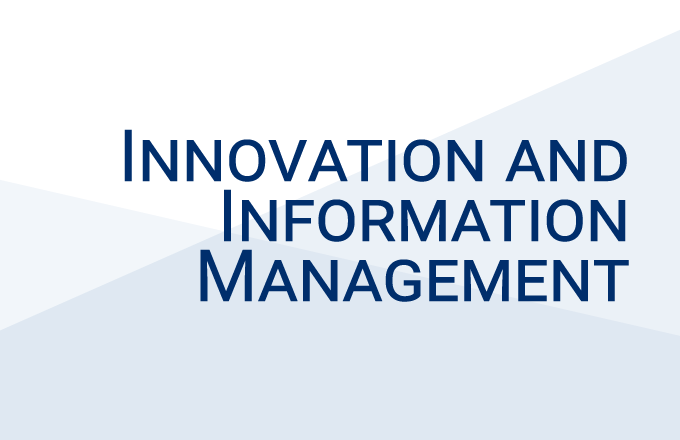Safety on Autopilot: An Empirical Investigation of Autonomous Driving and Traffic Safety
This is a joint seminar organized by HKU Business School’s IIM Area and Institute of Digital Economy & Innovation (IDEI).
Prof. Min-Seok Pang
Professor of Information Systems and Analytics
Operations and Information Management
University of Wisconsin-Madison
While autonomous driving holds the promise to confer economic and societal benefits, there has been a persistent concern on the safety of vehicles on autopilot. This study investigates the impact of automated driving systems on traffic safety based on a theoretical framework of distributed cognition. We design a natural experiment by combining Tesla’s rollout of “Navigate on Autopilot” in the U.S., an advanced autopilot feature that enables semi-autonomous driving on the highway, with regional variations in the intensity of Tesla vehicles. Using granular data on traffic accidents and Tesla registrations in the State of Washington during the period of 2011-2022, we show that the intensity of Tesla vehicles in a county is significantly associated with a reduction in traffic accidents following the rollout of its advanced autopilot feature, particularly in collisions between Tesla and non-Tesla vehicles. We identify the conditions where semi-autonomous driving is most effective, such as when driver uncertainty is low (e.g., non-DUI, non-drowsy, or non-distracted) and the road environment is less complex (e.g., highways or non-work zones). Surprisingly, it has the unintended consequences of increased accidents in situations involving drowsy driving. Taken together, our findings suggest that the safety implications of semi-autonomous driving are shaped by situational factors as well as the limits of technological capabilities, offering important practical and policy implications regarding AI-powered automated systems.

















